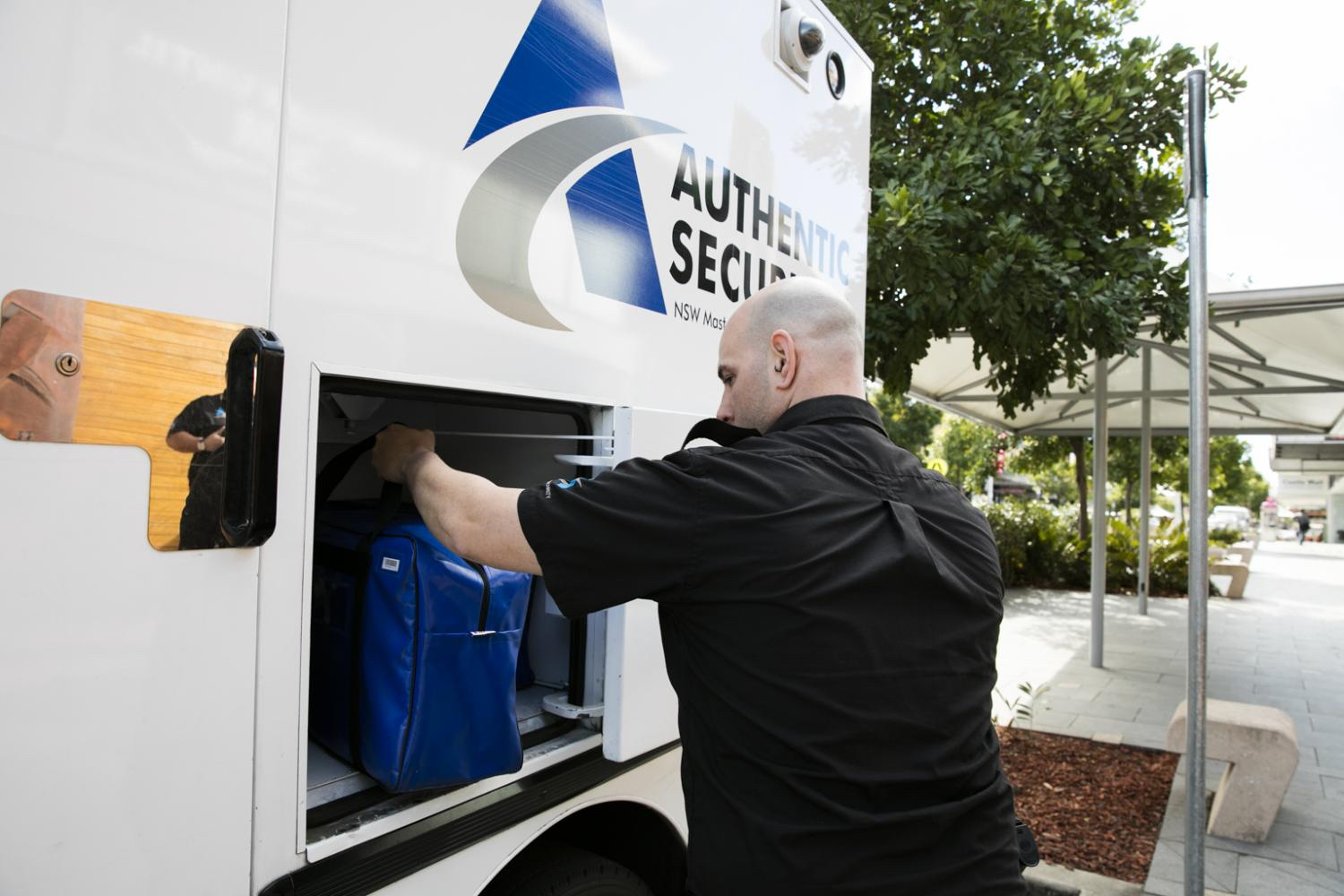
One of the biggest stoushes in Australian banking in a long, long time is approaching its crescendo.
Only five months after winning ACCC approval to establish a near-monopoly, efforts by Linfox's Armaguard Group to materially increase its prices and seek capital commitments from its clients have confounded the industry and regulators, including the Reserve Bank.
The merger of Armaguard with Prosegur (its then nearest rival) was completed in August.
Dovetailing with the perceived (rather than real) decline in the demand for cash, the divestment by some banks of their ATM fleets (to Armaguard), the decline in the number of ATMs, and controversy over the best model for ownership of cash pools, the RBA is now stepping up to oversee industry conversations around the economics of cash-in-transit and the national ATM fleet.
Next Monday (February 12) Reserve Bank governor Michele Bullock is expected to chair a meeting of industry stakeholders to deliberate on priorities and begin planning a way forward.
In recent months the RBA has established three working groups: one centred on business continuity planning; a second examining the sustainability of the cash system; and a third tasked to analyse long-term solutions.
These are delicate conversations, with the banks and Armaguard likely to soon approach the ACCC for interim authorisation to undertake negotiations.
It is not all that clear who the list of stakeholders invited to participate in this RBA confab are, though it includes major banks, industry associations and Armaguard.
More obvious is who has not been invited. This list includes the small number of remaining competitors to Armaguard and all other deployers of independent ATM networks (which compete with the atmx and Precinct brands of Armaguard).
Steve Newton, executive director of Authentic Security told Banking Day: “We have no seat at the table but would have close to 10 per cent of the CIT market, and for ATMs we cash independently well over 10 per cent market share and growing.”
In its submission to the ACCC on the Armaguard merger, Authentic pointed out it was “the largest ‘Non-ACCO’ CIT operator, servicing circa 2900 sites, processing $10 billion in cash per year and with over 15 years industry experience”.
Authentic, with depots in Brisbane, Sydney, Melbourne and Perth and an expanded ‘authenticated network’ of sub-contractors, was a “real alternative to the monopoly player nationally,” Newton said.
He said Authentic supported the Armaguard and Prosegur merger, but unsuccessfully lobbied the ACCC to impose divestment conditions on the merger authorisation.
“We wanted the opportunity for available depots in multiple states in capital cities, along with armoured vehicles and assets that could support our expansion into other states.”
Disputing the common notion that demand for cash is in terminal decline Newton said: “There’s still plenty of work out there, cash in market remains at all-time highs.
But he added that “transaction values and frequency have diminished (especially in the bank branch environment), hence the merger, so we welcome the ABA submission on working smarter as an industry and consistent in our offer to engage and consult on change.”